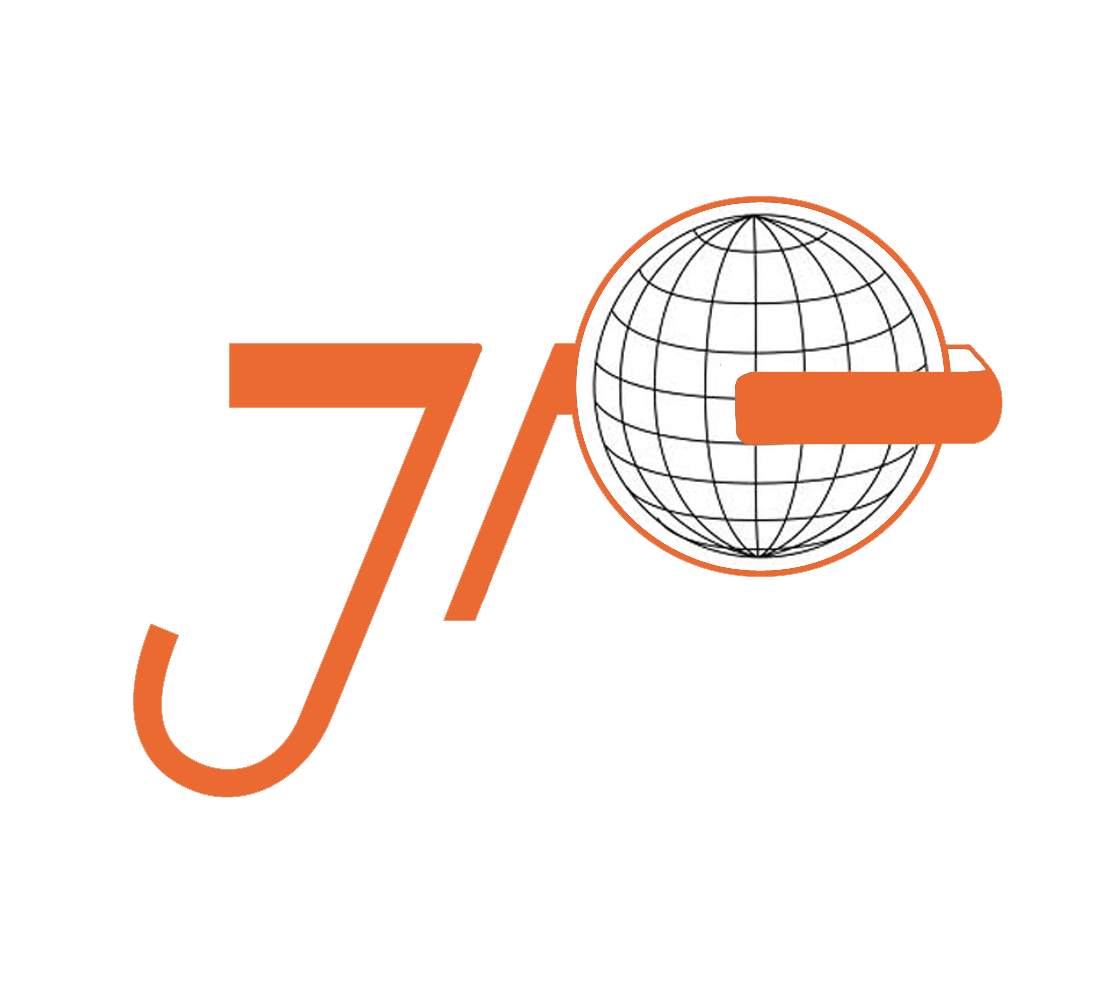Autism Awareness in France
Currently, the whole wide world, as well as the world wide web, is experiencing a unique
moment. We are all dealing with COVID-19. Toutefois (however) the whole wide world and
the world wide web has been united with another probleme de santé (health problem) for decades. Autism, Autism Spectrum Disorder (ASD), Asperger’s Syndrome, PDD (Pervasive Development Disorders), PDD-NOS (Pervasive Development Disorder Not Otherwise Specified): all of these names fall under the same parapluie (umbrella). The entire world has an autism problem.
Autism Spectrum Disorder (sometimes referred to in French as Trouble du Spectre de l’Autisme) has become one of those “things” now: “I know someone with autism,” “I have a friend who has someone in her family with autism,” “My neighbor’s daughter has autism,” ainsi de suite (and so on). Some countries are at the top of their game in their advocacy and support of les personnes autistes (people with autism). Unfortunately, France is not one of the leaders in this fight. But things are getting better.
The Council of Europe, basé a Strasbourg (based in Strausburg), focuses on droits
humains (human rights). Between the years 2004 to 2014 France was cited cinq fois (five times) for discriminating against people with autism spectrum disorder. According to the Council of Europe, France violated the rights of people avec (with) ASD to be educated in mainstream schools, as well as receiving vocational training. In 2016, The Committee on the Rights of the Child (a United Nations organization) expressed concerns that children with ASD continue to be subjected to violations of their rights within the borders of France.
There are many good ideas and great brains in France, and les gens veulent aider (people want to help). The French government is starting to take small steps to improve the situation for people with ASD. In 2005, France created ‘The Autism Plan’. This plan offered new dépistage (screening) and diagnosis recommendations for ASD. It also created ‘Autism Resource Centers’ in each of the nation’s administrative regions to screen children. These centers also offered advice to families about possible treatment options. Financial assistance information was also made available.
Une étape importante (an important step) was that the ‘Classification Française des Troubles Mentaux de l’Enfant et de l’Adolescent’ (French Classification for Child and Adolescent Mental Disorders) stopped defining autism spectrum disorder as a psychose (psychosis). This semantic change will ouvrir la porte (open the door) to hope, help, and a sense of community among families living and loving someone with autism spectrum disorder. This change also puts France on the same playing field of other countries with international diagnostic standards. Additional government plans have introduced specialized teaching units within some mainstream schools.
Further initiatives include: measures to increase access to specialized classrooms, better job training and housing options for adults with ASD. It is hopeful that France will rise to the occasion. We will surely see the effects of their efforts.
Guest blogger: Rebecca Mckee
Rebecca McKee is the owner of The 13th Child Autism & Behavioral Coaching, Inc. Rebecca has a Master’s Degree in Special Education, with a Concentration in Autism Spectrum Disorders. She is also a Board Certified Behavior Analysis (BCBA). Rebecca’s clients have ranged from babies to adults.
The philosophy of The 13th Child Autism & Behavioral Coaching, Inc. is for all people to enjoy a high quality of life including achievement, creativity, friendships, spirituality and wellness. Services can take place at the child’s home, school and community. Rebecca McKee lives in Brooklyn New York
Thumbnail photo by Ryoji Iwata


